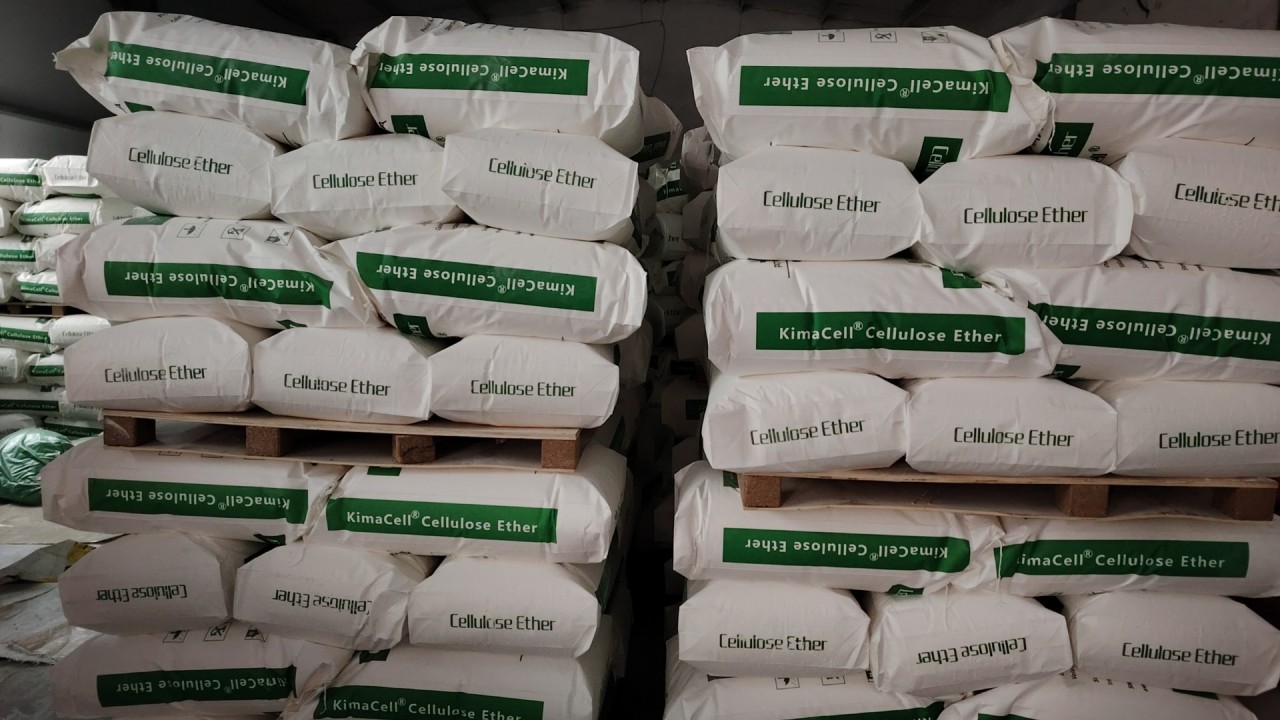Introduction
In today’s industrial and construction sectors, Hydroxypropyl Methylcellulose (HPMC) is a vital additive that enhances product performance and quality. The journey of HPMC begins in a specialized HPMC factory, where advanced processes ensure the highest purity and consistency. From the moment raw materials arrive at the HPMC factory to the final application in products like tile adhesives, paints, coatings, pharmaceuticals, and food, every step is carefully managed to maintain quality standards. Understanding how HPMC is produced, processed, and applied provides valuable insight into why it is considered an essential component across industries.
Raw Material Selection and Quality Control
The journey starts at the HPMC factory with the selection of high-grade cellulose as the primary raw material. Quality control measures at the HPMC factory are stringent, ensuring only the finest cellulose fibers are used. This initial stage is crucial, as the quality of raw materials directly affects the performance of the final HPMC product. Skilled technicians at the HPMC factory conduct chemical composition tests, moisture analysis, and impurity checks before processing begins.
Production Process at the HPMC Factory
Once the raw materials pass quality checks, they undergo a series of chemical treatments inside the HPMC factory. The cellulose is alkalized, etherified, and purified to produce HPMC with specific viscosity and functional properties. In the HPMC factory, modern reactors and processing equipment ensure uniformity in product batches. The controlled environment of the HPMC factory allows precise adjustments in production parameters to meet diverse application needs. After the chemical process, HPMC is washed, dried, and milled into a fine powder, ready for packaging.
Packaging and Storage
After production, the HPMC factory follows strict packaging protocols to maintain product integrity during transportation. Moisture-proof and airtight bags are commonly used to protect HPMC from environmental exposure. At the HPMC factory, storage facilities are climate-controlled to prevent degradation, ensuring that the HPMC maintains its chemical stability until it reaches customers.
Transportation from HPMC Factory to Customers
Efficient logistics play a vital role in the journey of HPMC. The HPMC factory partners with reliable transportation providers to ensure timely delivery. Whether the shipment is local or international, the HPMC factory follows safety regulations and documentation requirements to facilitate smooth transit. This reliability builds trust between the HPMC factory and its customers, reinforcing long-term business relationships.
Applications in the Construction Industry
When HPMC reaches construction sites, its benefits become evident. Tile adhesives, plasters, self-leveling compounds, and cement-based mortars rely on HPMC for improved water retention, workability, and adhesion. The consistent quality provided by the HPMC factory ensures that construction professionals can achieve smooth finishes and durable results. HPMC from a reputable HPMC factory also enhances open time, allowing more flexibility during application.
Applications in Paints and Coatings
In the paint and coatings industry, HPMC sourced from a trusted HPMC factory acts as a thickener, stabilizer, and film-forming agent. It ensures uniform application, prevents pigment separation, and improves surface finish quality. The HPMC factory plays a key role in supplying grades specifically tailored for this sector, meeting the exact requirements for viscosity and dispersibility.
Applications in Pharmaceuticals
Pharmaceutical-grade HPMC, manufactured under strict hygienic conditions in the HPMC factory, is widely used in tablet coatings, controlled-release formulations, and capsules. The HPMC factory ensures that pharmaceutical HPMC meets regulatory standards for safety and purity, making it suitable for direct human consumption. Its non-toxic, non-allergenic nature is a direct result of the meticulous processes within the HPMC factory.
Applications in the Food Industry
In the food sector, HPMC from the HPMC factory functions as a thickener, stabilizer, and emulsifier in products such as sauces, bakery items, and frozen desserts. The HPMC factory produces food-grade HPMC under strict safety protocols to ensure compliance with food industry regulations. Its ability to improve texture and shelf life makes it a valuable additive for food manufacturers.
Continuous Innovation in HPMC Factories
A leading HPMC factory is not just a production site but also a hub of innovation. Research and development teams work to create new HPMC formulations with enhanced properties to cater to emerging industry needs. By investing in advanced equipment and sustainable production practices, the HPMC factory ensures environmental responsibility while meeting global demand.
Conclusion
The journey of HPMC from the HPMC factory to its final application is a highly controlled and meticulously managed process. Each step, from raw material selection and production to packaging, transportation, and end-use, reflects the expertise and dedication of the HPMC factory. By supplying high-quality HPMC for construction, paints, pharmaceuticals, and food industries, the HPMC factory plays a vital role in improving product performance worldwide. As demand continues to grow, the HPMC factory remains at the forefront of innovation, ensuring that every customer receives a product that meets the highest standards of quality, consistency, and reliability.




